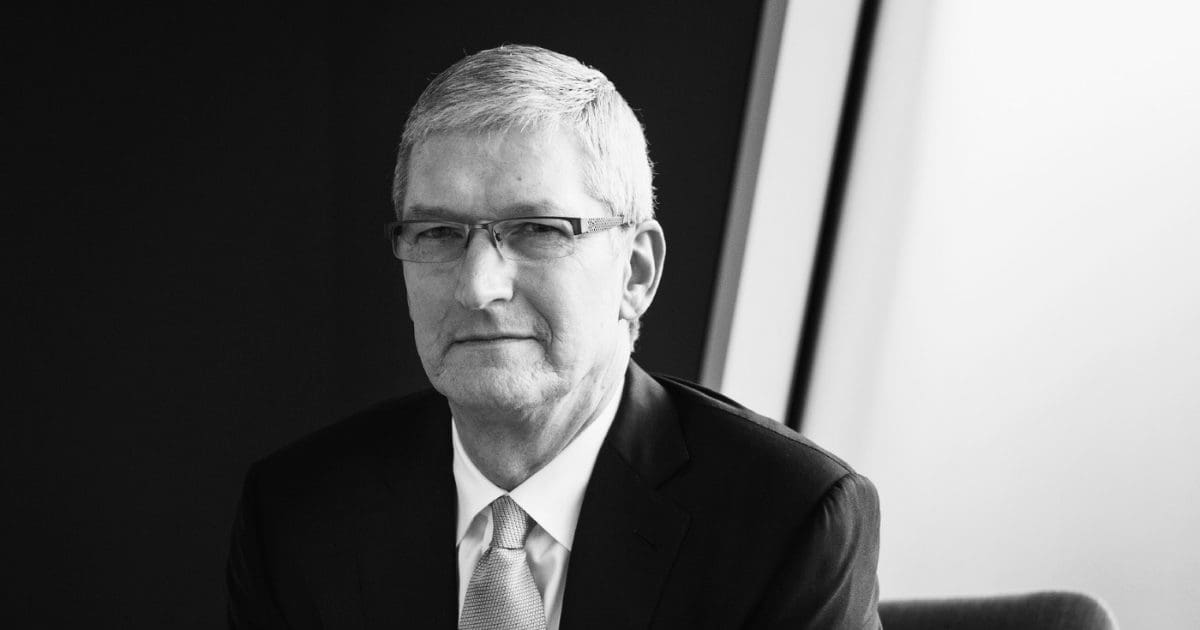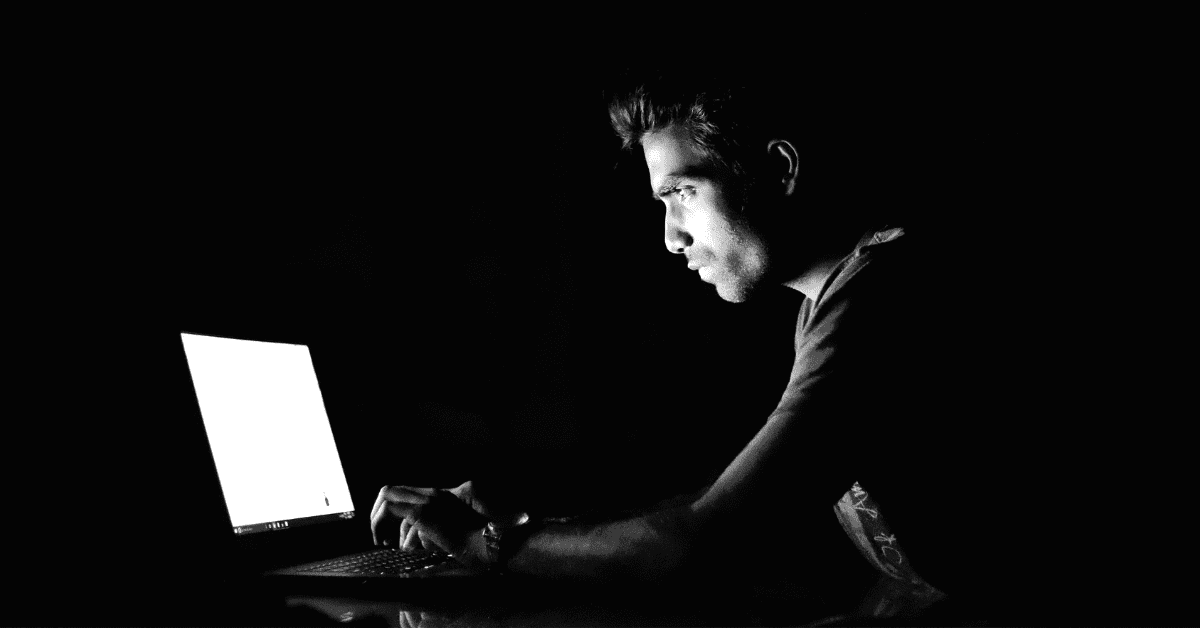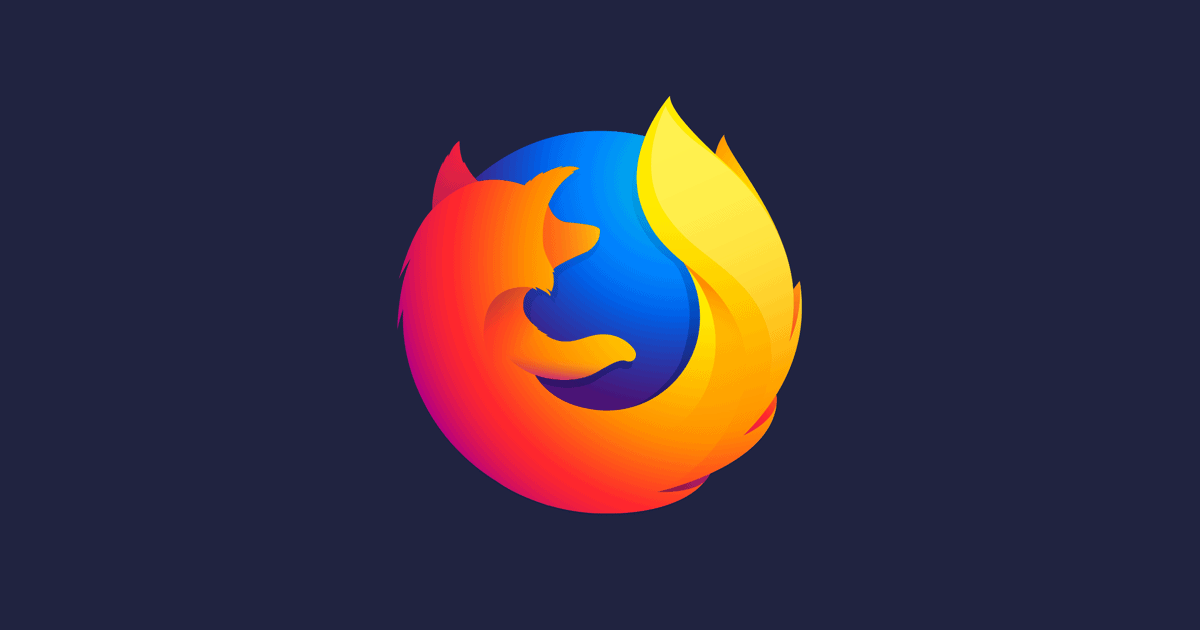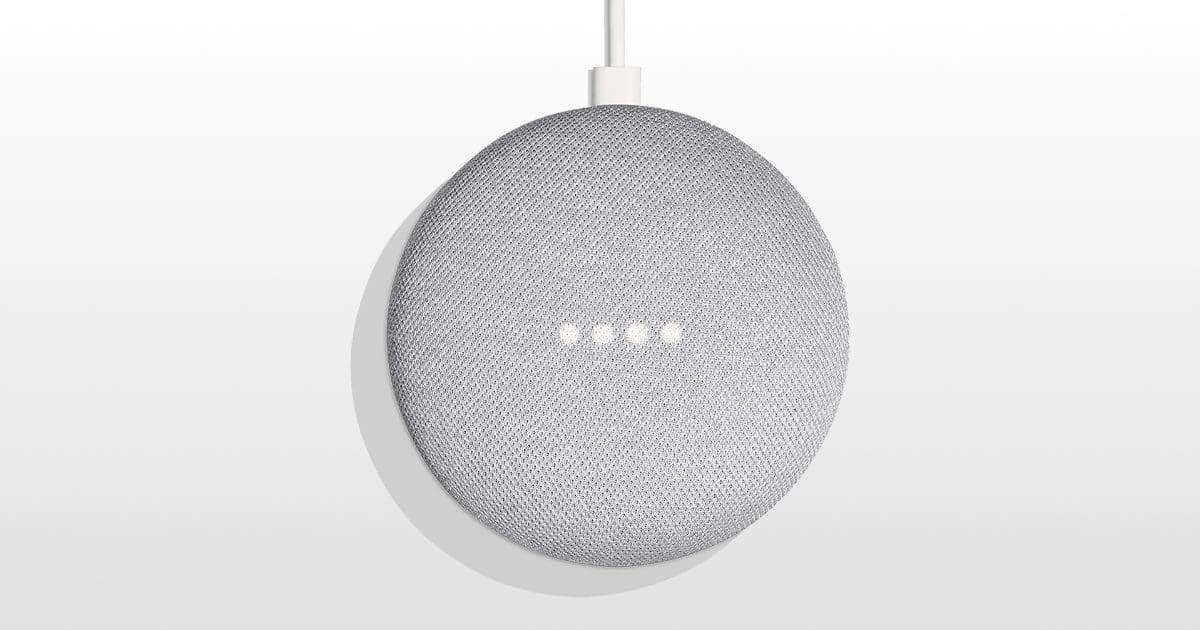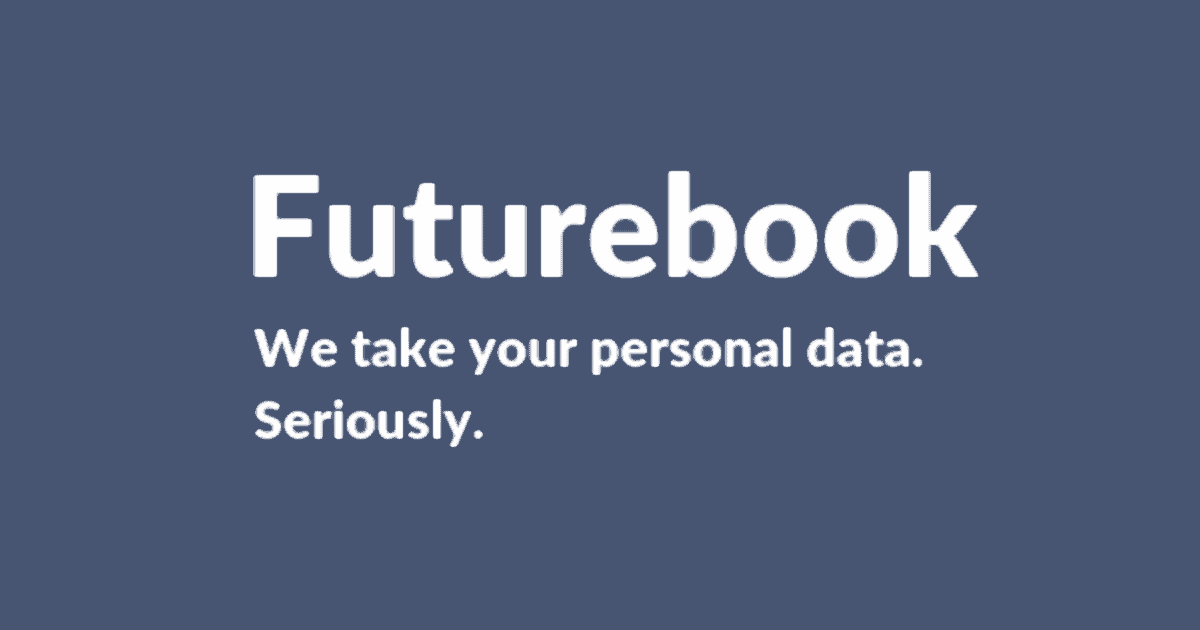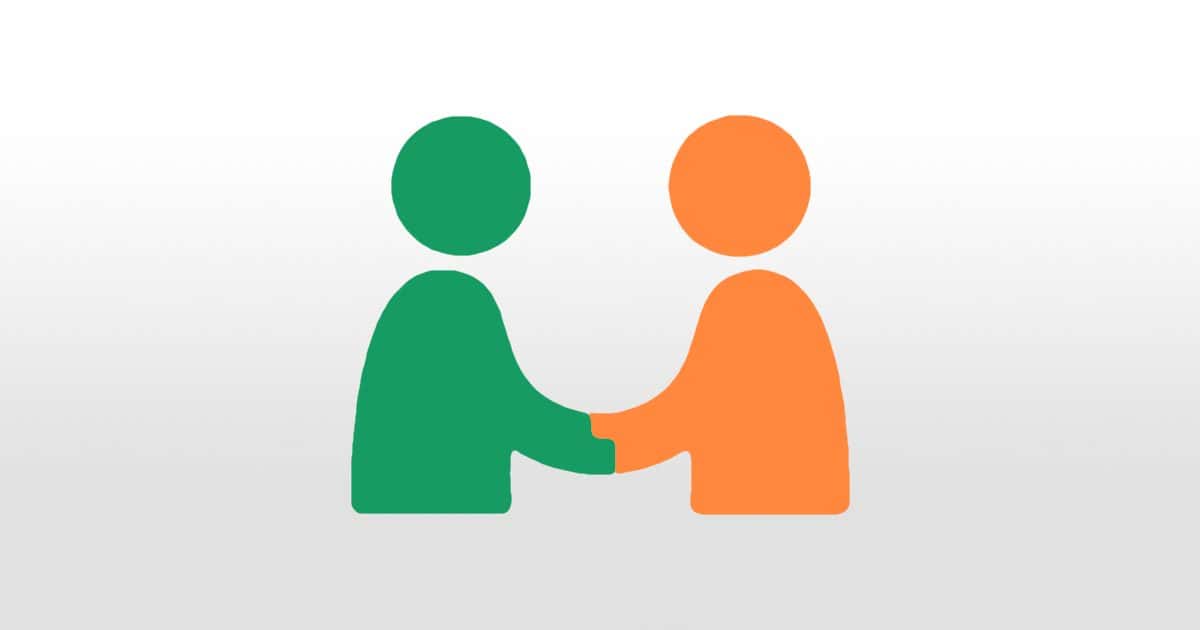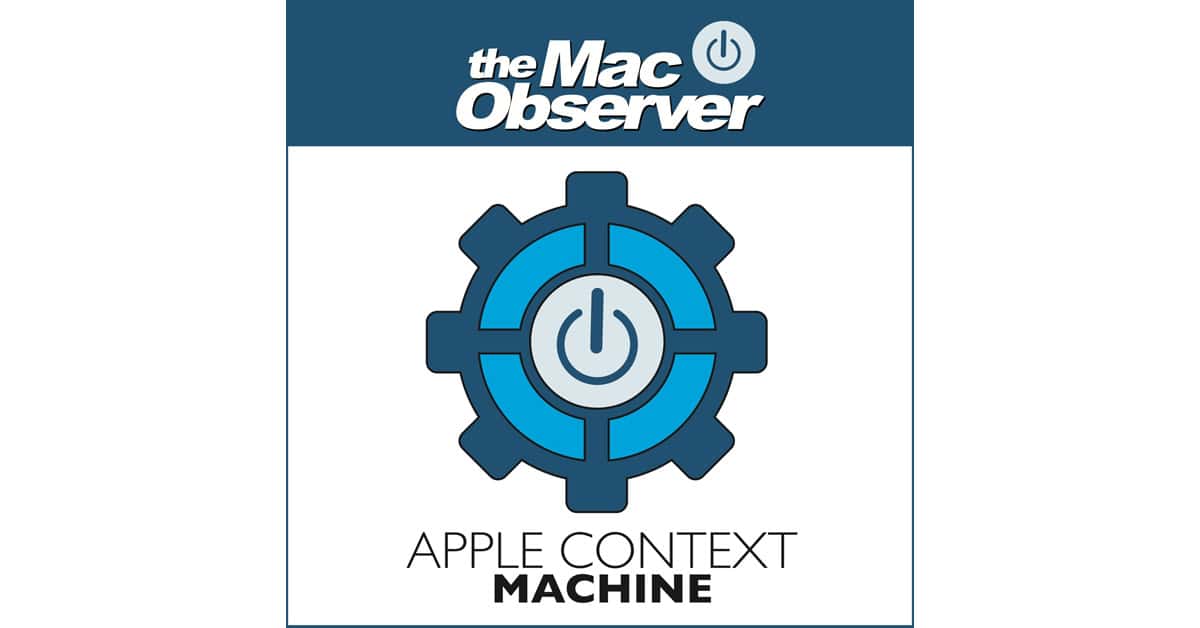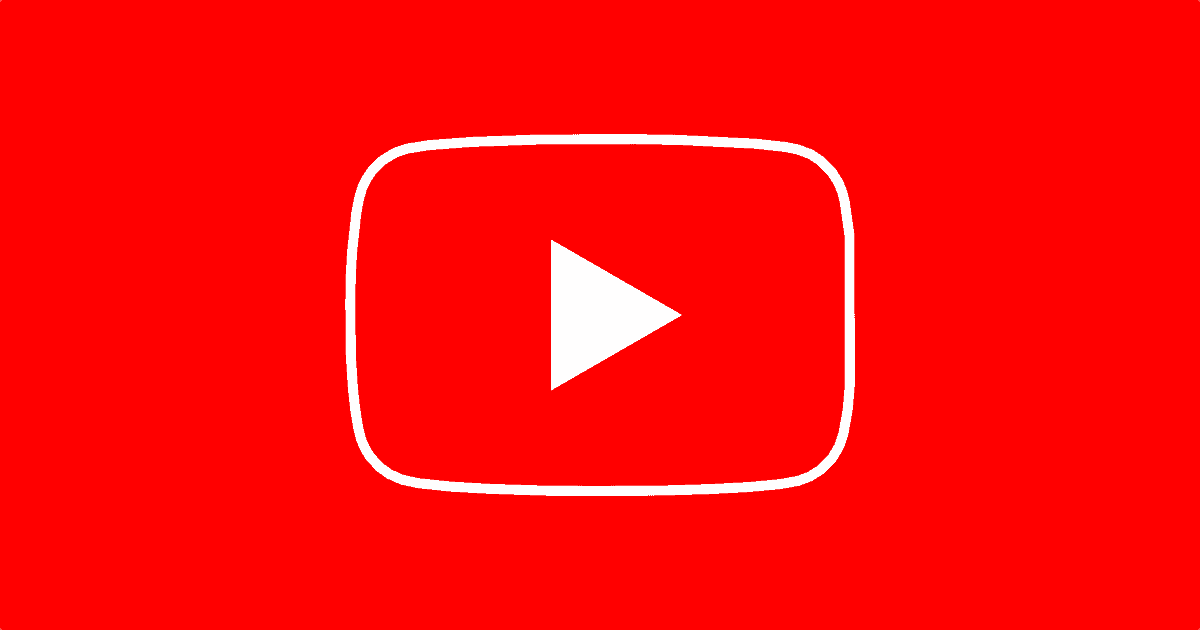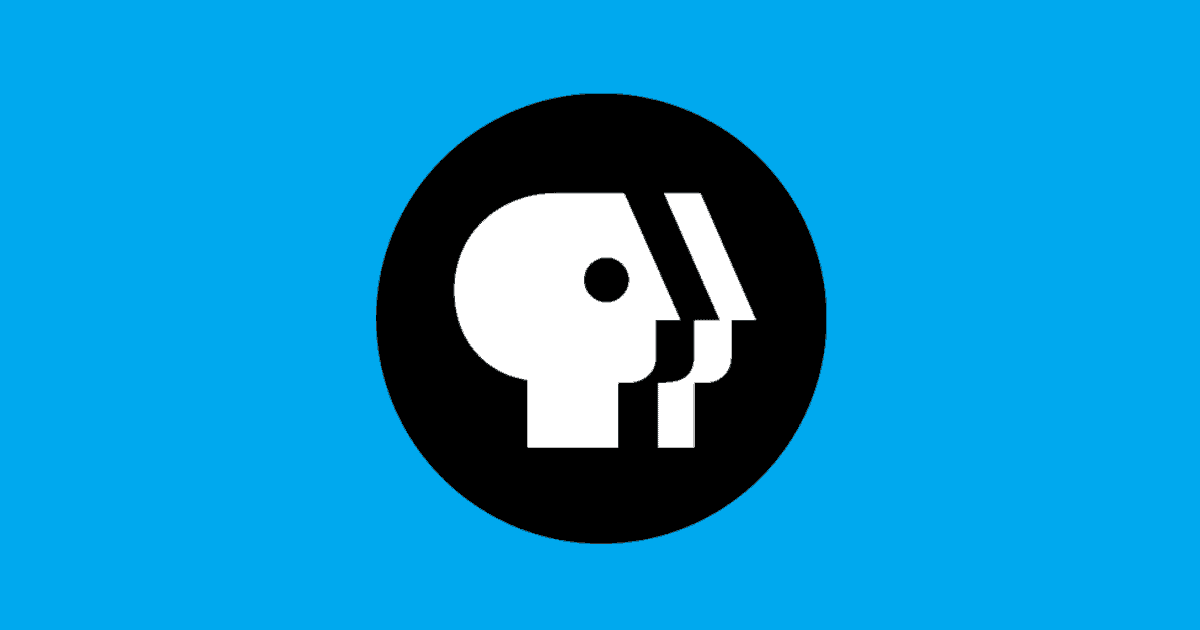Although Tim Cook vocally supports privacy laws in the United States, Apple doesn’t actually support many of them.
A number of privacy advocates and U.S. lawmakers — who did not attend the meeting — say Apple has not put enough muscle behind any federal effort to tighten privacy laws. And state lawmakers, who are closest to passing rules to limit data sharing, say Apple is an ally in name only — and in fact has contributed to lobbying efforts that might undermine some new data-protection legislation.
This is something I’ve noticed as well. I think Tim and co should do more to support privacy legislation.
